Clinical trials in palliative care: a systematic review of their methodological characteristics and of the quality of their reporting
- PMID: 28122560
- PMCID: PMC5264484
- DOI: 10.1186/s12904-016-0181-9
Clinical trials in palliative care: a systematic review of their methodological characteristics and of the quality of their reporting
Abstract
Background: Over the past decades there has been a significant increase in the number of published clinical trials in palliative care. However, empirical evidence suggests that there are methodological problems in the design and conduct of studies, which raises questions about the validity and generalisability of the results and of the strength of the available evidence. We sought to evaluate the methodological characteristics and assess the quality of reporting of clinical trials in palliative care.
Methods: We performed a systematic review of published clinical trials assessing therapeutic interventions in palliative care. Trials were identified using MEDLINE (from its inception to February 2015). We assessed methodological characteristics and describe the quality of reporting using the Cochrane Risk of Bias tool.
Results: We retrieved 107 studies. The most common medical field studied was oncology, and 43.9% of trials evaluated pharmacological interventions. Symptom control and physical dimensions (e.g. intervention on pain, breathlessness, nausea) were the palliative care-specific issues most studied. We found under-reporting of key information in particular on random sequence generation, allocation concealment, and blinding.
Conclusions: While the number of clinical trials in palliative care has increased over time, methodological quality remains suboptimal. This compromises the quality of studies. Therefore, a greater effort is needed to enable the appropriate performance of future studies and increase the robustness of evidence-based medicine in this important field.
Keywords: Clinical trials; Methodological quality; Palliative care; Risk of bias.
Figures
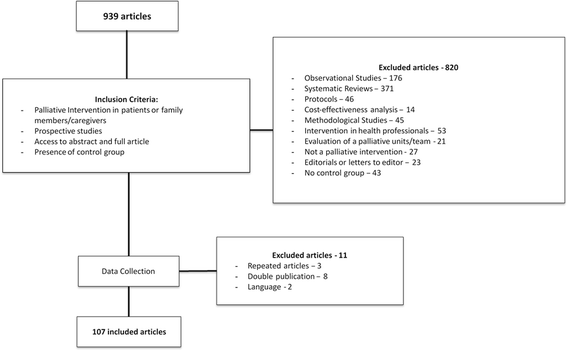
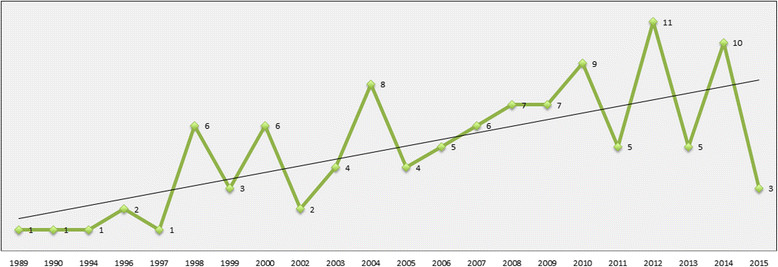
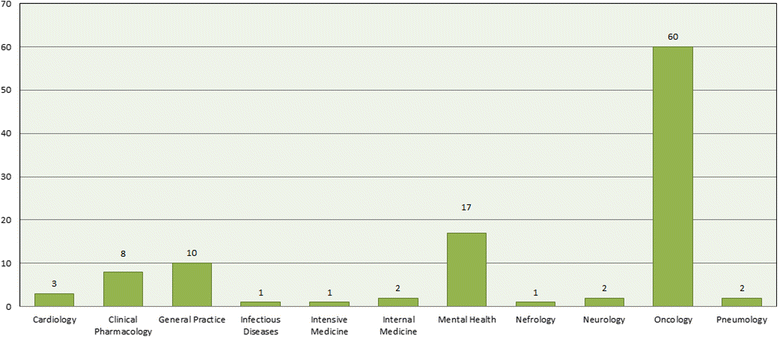
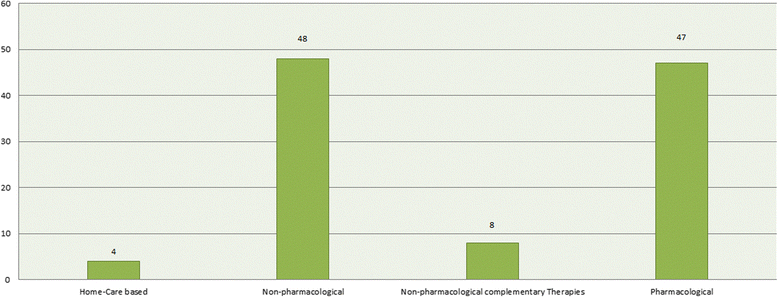
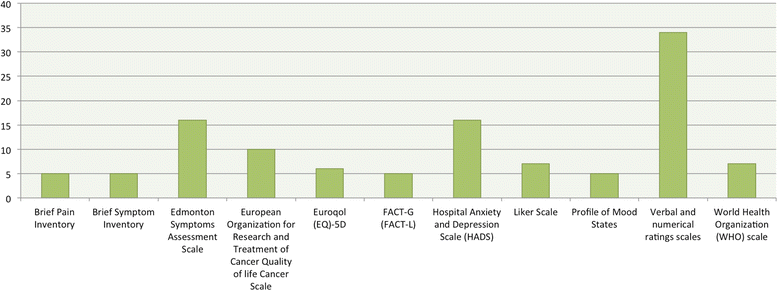
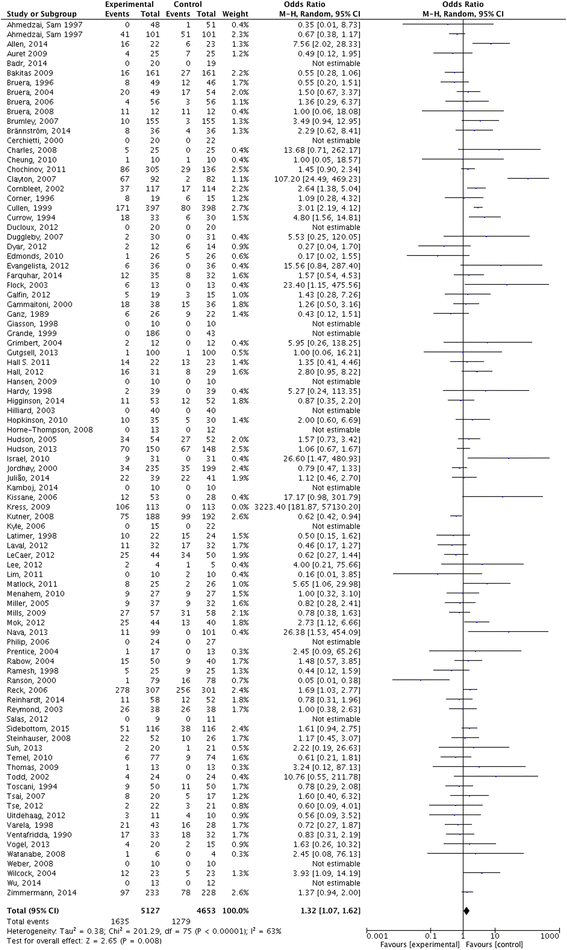
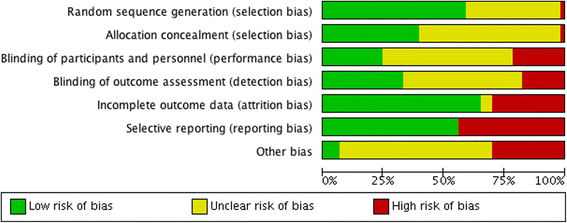
References
Publication types
MeSH terms
LinkOut - more resources
Full Text Sources
Other Literature Sources
Medical
Miscellaneous

